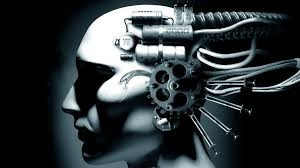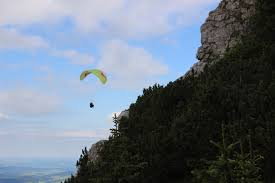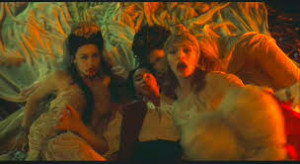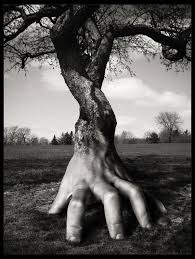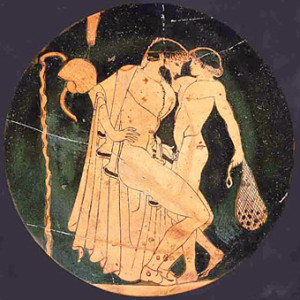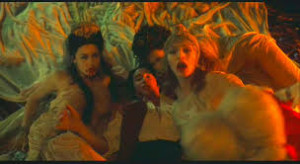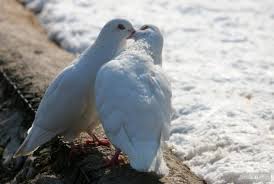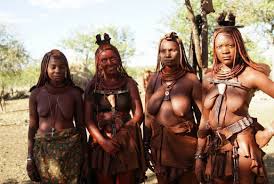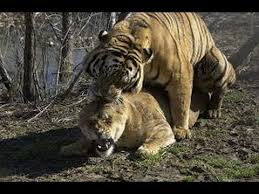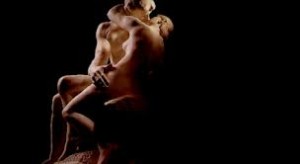This does not confuse us, and we follow our own sense of identity without difficulty, even though we are everywhere surrounded by other individuals.
Using this as an analogy, we are a part of our psyche or our soul, dwelling within it, easily following our own sense of identity even though that psyche also contains other identities beside the one that we think of as our own. We draw sustenance from the world, and grow through its medium. We contribute our abilities and experience, helping to form the world’s civilization and culture. To some strong degree we bear the same kind of relationship to our own psyche.
Through ordinary methods of communication we are able to tell what is going on in other countries beside our own, even without traveling to them. News telecasts acquaint us with conditions around the world.
Now there are also inner “broadcasts” going on constantly — to which, however, we are not consciously attuned. These keep us in constant touch with the other portions of our own psyche. We are so a part of the world that our slightest action contributes to its reality. Our breath changes the atmosphere. Our encounters with others alter the fabrics of their lives, and the lives of those who come in contact with them.
It is easy for us to see how the cells of the body form it — that is, we understand at least the cooperative nature of the cell’s activities. An alteration on the part of one cell immediately causes changes in the others, and brings about a difference in body behavior. It is somewhat more difficult for us to understand the ways in which our own actions and those of others combine to bring about world events. On the other hand, each individual alive on the planet at any given “time.” It may seem that the individual has little power. On the other hand, each individual alive is a necessary one. It is, each of our actions is so important, contributing to the experience of others whom we do not know, that each individual is like a center about which the world revolves.
If we did not do what we did today, for example, the entire world would be in some way different.
Our acts ripple outward in ways that we do not understand, interacting with the experience of others, and hence forming world events. The most famous and the most anonymous person are connected through such a fabric, and an action seemingly small and innocuous can end up changing history as we understand it. In metaphysical terms, we have our being in our psyche or soul in somewhat the same manner. Identities are obviously psychic environments, primarily, rather than physical ones. Physical objects cannot move through each other, as a table cannot move through a chair. Mental events behave differently. They can mix and merge, move through each other while still maintaining their own focus. they can interact on psychic levels in the way that events do on physical levels, but without physical restrictions. Though we are a portion if our psyche, then, our identity is still inviolate. It will not be submerged or annihilated in a greater self. It carries a stamp — a divine mark — or its own integrity. It follows its own focus, and knows itself as itself, even while its own existence as itself may be but a portion of another “identity.”
Moreover, there is nothing to stop it from exploring this other greater identity, or moving into it, so to speak. When this happens both identities are changed. In greater terms, the psyche or soul nowhere exists as a finished product or entity. On the other hand it is always becoming, and that becoming happens on the part of each of its own portions.
Our very physical stance and existence are dependent upon portions of our psyche’s reality, or our soul’s existence, of which we are normally unaware. Those portions are also dependent upon our existence, however.
We take our breathing, our moving, for granted, though they are unconsciously produced. In certain terms, however, “at one time” we had to learn how to do these things that we are not consciously concerned with. At still other levels of reality, activities that we now consciously claim as our own have — in those same terms and from another viewpoint — become unconscious, providing a psychic history from which other identities emerge, as it seems that our own identities emerge from unconscious bodily activity.


